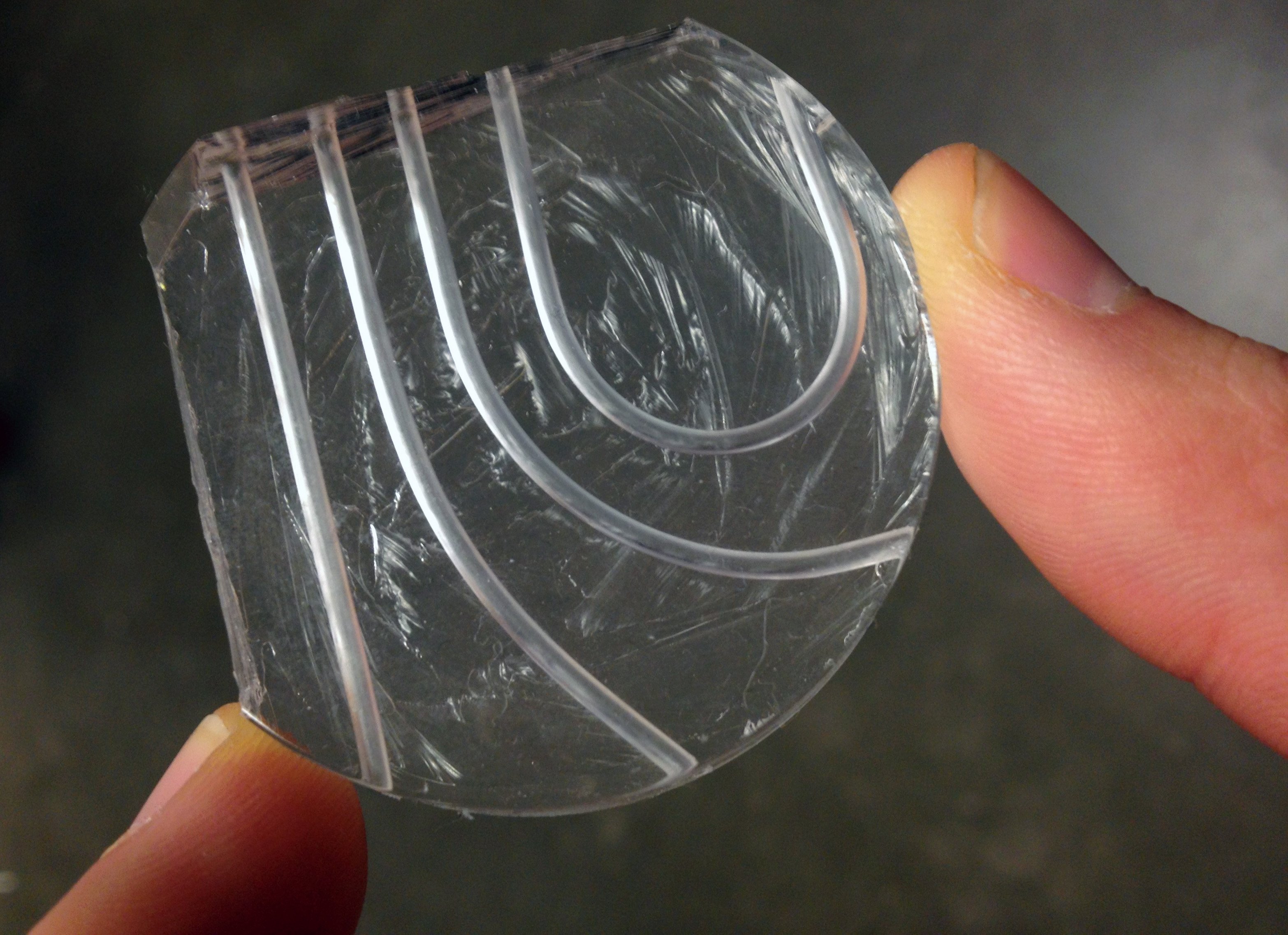Tiny Microfluidic Device Allows A Peek At How Cancer Spreads
As cancer grows, it evolves. But an understanding of this evolution of breakaway cancer cells responsible for metastasis has been elusive. The analysis of invading leader cells at the tumor invasion front is of significant interest as these cells may possess a coordinated functional and molecular phenotype which can be targeted for therapy.
Now, researchers at the University of Michigan Comprehensive Cancer Center and Michigan Engineering have designed a tiny device that has answers to all questions on the evolution of cancer.
Explained in a study published in Scientific Reports, the device aims to provide patients and clinicians with a tool capable of detecting the spread of cancer cells. This improved insight into how each patient’s cancers advances may allow for early intervention to prevent further spread of the cancer and improve patient outcomes.
“It’s especially important to be able to capture those leader cells and understand their biology—why are they so successful, why are they resistant to traditional chemotherapy and how can we target them selectively?” said study author Sofia Merajver, MD, PhD, scientific director of the Breast Oncology Program at the University of Michigan Comprehensive Cancer Center. “Microfluidic devices are helping us understand
biology that was previously not accessible.”The problem with existing microfluidic devices is that the cells don’t last long within them. Devices typically lend themselves to brief experiments of several days. But the characteristics of cancer cells change over time.
“A lot of tumor processes like invasion and resistance don’t happen overnight. Our goal was to track the long-term evolution of invasion,” says lead study author Koh Meng Aw Yong, Ph.D., a postdoctoral fellow in Merajver’s lab. “We cannot look at just a certain time point, like in a three-day experiment. That might not represent what’s happening in the body over time.”
The device consists of three tiny molded channels through which cells flow and can be cultivated for at least three weeks in culture. In the system, cells appear as a thin milky line in a chamber that’s smaller than a pillbox.
They are actually suspended in three dimensions, unlike typical fluidic devices that capture cells in two dimensions. Researchers can feed cancer cells into the device with very minimal disturbance or change to the cells.
Cells are fed into one channel while fluid flows through a parallel channel to provide pressure and flow without disturbing the culture. The flow of fluid through the outer channel mimics what happens with the body’s capillaries.
In testing two lines of metastatic prostate cancer cells, researchers successfully isolated leader cells that induce metastasis.
After two weeks, cells from one line were observed to be twice as invasive as the other cell line. That difference disappeared by three weeks, suggesting that the invasive potential of cells may change over time.
By determining differences in the molecular signature between cells that invade and those that don’t, researchers could target the molecular underpinning with therapies to prevent cancer from invading—essentially keeping the cancer confined and preventing metastasis.
“The device also holds potential to be used to test drugs and detect when cancer becomes resistant. This would allow oncologists to know sooner if a therapy is not working, and perhaps switch the patient to another option,” says senior study author Jianping Fu, Ph.D., associate professor of mechanical engineering at the University of Michigan. “Of course, more research is needed to explore this possibility in the future.”
“We think we can grow this while the patient is undergoing treatment or monitoring. The device would be able to show us if the cells become more aggressive before a traditional imaging test would detect anything,” Aw Yong says.






























